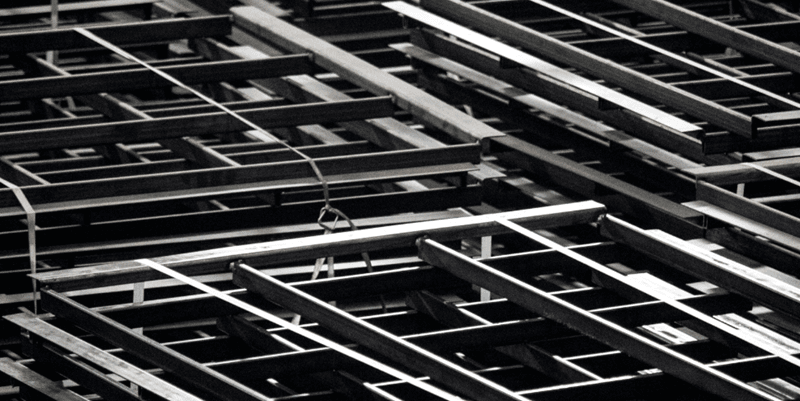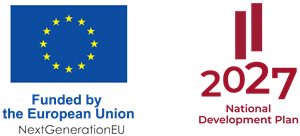State Support as Springboard: KnK Mefab Is Improving Competitiveness with New Technologies

Attēls: “KnK Mefab" vietne
KnK Mefab is a full-cycle metalworking company offering a wide range of services, including laser cutting, bending, powder coating, as well as laser and robot welding. The company prides itself on its ability to produce metal products and parts of almost any complexity, thanks to its high-level equipment. One of KnK Mefab’s specialities is the production of metal enclosures to individual customer orders. The company’s production facility in Ādaži, for example, produces metal enclosures for various types of self-service kiosks, including supermarkets and car charging stations.
The company employs more than 50 metalworkers and most of its turnover – around 80% – comes from exports. The largest markets are Denmark, Sweden and Finland. KnK Mefab has recently started a strategic cooperation in the Netherlands, where it plans to expand in the coming years. Kristaps Laipnieks, the company’s CEO, emphasises that the focus on export markets places high demands on quality and that customer feedback is crucial in the industry. Often the company’s name is shared from manufacturer to manufacturer, which creates an additional responsibility to maintain consistently high quality.

Mr Laipnieks believes that KnK Mefab’s biggest competitive advantage is its wide range of services and state-of-the-art technology. Both factors ensure shorter lead times, high quality control and competitive pricing. This, in turn, not only helps to retain existing customers but also to attract new partners. The company boasts solid growth rates and almost doubled its turnover last year.
State support tools have played an important role in KnK Mefab’s development, contributing to the improvement of technological processes. Last year, the company received co-financing from the programme implemented by the Investment and Development Agency of Latvia “Support for the digitalisation of business processes” for the purchase of two unique pieces of equipment: a pipe laser cutting machine and a robotic welding machine with weld seam tracking functions. Both machines are already actively used in production, enabling the highest precision and quality products to be offered, which also helps to attract new customers.
Mr Laipnieks admits that although the laser cutting machine would have been purchased anyway, as to the robotic welding machine, it would have been a question of when and perhaps even if to buy it. However, now that the equipment has been purchased, the CEO can say with confidence that the technology has made a huge contribution to the company’s competitiveness and serves as an effective marketing tool to attract new customers.
When it comes to using state support programmes, Mr Laipnieks admits that, although the first time it was difficult to fill in the documentation, with experience the process has become much easier. “It seemed complicated at first, but when we you are doing it for the fifth time, it seemed like nothing. It is important to stress that the company prepared all the aid applications itself. If we could do it ourselves with a certain determination and without external help even the first time, then any company can do it,” Mr Laipnieks says.
Information material prepared with the support of the Recovery Fund. The author is solely responsible for the content of this publication. The views expressed herein do not reflect the official position of the European Union or the European Commission.
